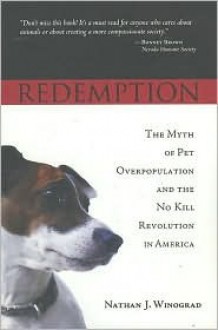 A friend just informed me that Dan Brown borrowed my idea for a story then published his a year before me. I guess I'll forgive him and however many million books he's sold.
A friend just informed me that Dan Brown borrowed my idea for a story then published his a year before me. I guess I'll forgive him and however many million books he's sold.
For the record, though, I finished the first draft of PATRIARCH RUN in 2010.
Truth be told, the two stories have very little in common. Where they do intersect is at the premise that we are approaching an avoidable apocalypse.
There are simply too many people.
That fact must be the most underrated crisis of our time. I can't think of an environmental dilemma that is not a symptom of that simple truth.
Let's take a quick look at the math. It is estimated that the human population is growing at a relatively low rate: 1.14% per year. But as long as the population is growing, it doesn't matter how low the rate is. The math tells us that a growing population will eventually double.
At the current growth rate, that will take about 61 years.
That's not a liberal statement. It's not a conservative statement. It's a statement of fact.
Is there anyone who believes that 14 billion is a good number of people to have? What would it take to feed that many people?
Some might argue that through technology it will eventually become possible to feed 14 billion people, but I've yet to hear someone lead the cheer for that size of population.
Today there are about 1 million new people added to the ecosystem every five days. What would be the consequence of 14 billion people to the non-human members of that ecosystem?
It’s true that the growth rate of the human population is declining in some parts of Europe. Some people cite that fact as a dismissal of the overall problem. But it’s the overall problem that we have to face. In other words, it’s the planet-wide growth rate that matters–not a localized subset.
Right now, the planet-wide growth rate of the human population is pretty low: 1.14%. And that, by any scientific measure, is a crisis for just about every species on the planet, including our own.
There are plenty of good scientific studies that discuss the consequences of the growing human population on the ecosystem and how that unfolding catastrophe will eventually wind its way back to us. So I won't dive into those details.
 I'd like to get into this mind bender instead. The human population in 1900 was about 1.6 billion. In 2000 it was about 6 billion. And at the rate we're growing right now, it'll be 14 billion in 2075.
I'd like to get into this mind bender instead. The human population in 1900 was about 1.6 billion. In 2000 it was about 6 billion. And at the rate we're growing right now, it'll be 14 billion in 2075.
I have a hard time wrapping my mind around that. What get's me is that the growth rates were low during the last century. The growth rate peaked in the 1960s at 2.2%.
Although the recent rates of growth seem low, they took us from 1.6 to 7 billion people quite quickly.
The takeaway for me is that a growing population always doubles. And that doubling happens a lot faster than people think.
One of my characters takes this math to heart, and his actions are extreme enough to warrant a story.

 Log in with Facebook
Log in with Facebook 






